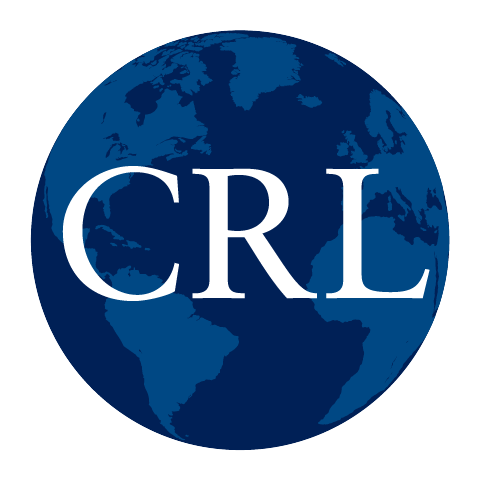Your search - İnönü, İsmet, 1884-1973 - did not match any resources.
İsmet İnönü
 Mustafa İsmet İnönü (; 24 September 1886 – 25 December 1973) was a Turkish army officer and statesman who served as the second president of Turkey from November 11, 1938, to May 22 1950, and as its prime minister three times: from 1923 to 1924, 1925 to 1937, and 1961 to 1965.
Mustafa İsmet İnönü (; 24 September 1886 – 25 December 1973) was a Turkish army officer and statesman who served as the second president of Turkey from November 11, 1938, to May 22 1950, and as its prime minister three times: from 1923 to 1924, 1925 to 1937, and 1961 to 1965.İnönü is acknowledged by many as Mustafa Kemal Atatürk's right-hand man, with their friendship going back to the Caucasus campaign. In the Greco-Turkish War of 1919–1922, he served as the first chief of the General Staff from 1922 to 1924 for the regular Turkish army, during which he commanded forces during the First and Second Battles of İnönü. Atatürk bestowed İsmet with the surname İnönü, the site of the battles, when the 1934 Surname Law was adopted. He was also chief negotiator in the Mudanya and Lausanne conferences for the Ankara government, successfully negotiating away the Sevre treaty for the Treaty of Lausanne. As his prime minister for most of his presidency, İnönü executed many of Atatürk's modernizing and nationalist reforms. İnönü gave the orders to carry out the Zilan Massacre.
İnönü succeeded Atatürk as president of Turkey after his death in 1938 and was granted the official title of ("''National Chief"'' by the parliament. As president and chairman of the Republican People's Party (CHP), İnönü initially continued Turkey's one party state. Kemalist style programs continued to make great strides in education by supporting projects such as Village Institutes. His governments implemented notably heavy statist economic policies. The Hatay State was annexed in 1939, and Turkey was able to maintain an armed neutrality during World War II, joining the Allied powers only three months before the end of the European Theater. The Turkish Straits crisis prompted İnönü to build closer ties with the Western powers, with the country eventually joining NATO in 1952, though by then he was no longer president.
Factionalism between statists and liberals in the CHP led to the creation of the Democrat Party in 1946. İnönü held the first multiparty elections in the Republic's history that year, beginning Turkey's multiparty period. 1950 saw a peaceful transfer of power to the Democrats when the CHP suffered defeat in the elections. For ten years, İnönü served as the leader of the opposition before returning to power as prime minister following the 1961 election, held after the 1960 coup-d'état. The 1960s saw İnönü reinvent the CHP as a political party, which was "Left of Center" as a new party cadre led by Bülent Ecevit became more influential. İnönü remained leader of the CHP until 1972, when he was defeated by Ecevit in a leadership contest. He died on December 25, 1973, of a heart attack, at the age of 89. He is interred opposite to Atatürk's mausoleum at Anıtkabir in Ankara.
Provided by Wikipedia

